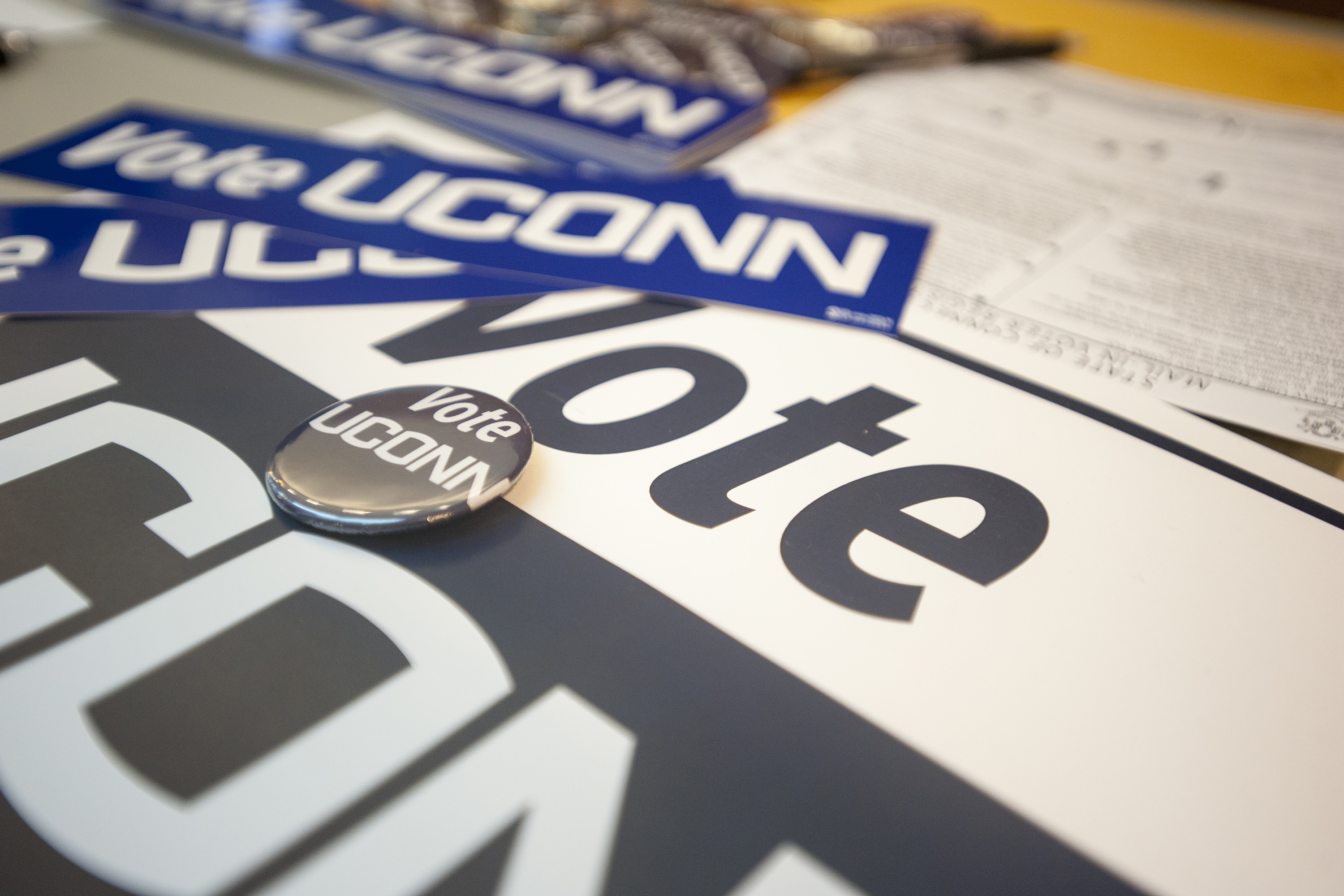The 2016 election marks the first time that all of the Millennials – aged 18 to 34 – are old enough to vote, says Jennifer Dineen, program director of UConn’s Graduate Program on Survey Research and assistant professor-in-residence with the Department of Public Policy.
And, with the Millennial Generation now surpassing the nation’s Baby Boomer Generation – 75.4 million as compared to the older generation’s 74.9 million, the impact of the young adult vote could be significant.
Boomers are still ahead, however, when it comes to actually casting ballots at the polls. In 2012, turnout among 18 to 24 year-olds was just 38 percent. This year, one poll put registration among Millennials at 83 percent, but whether they vote at that level and how, is hard to predict. Here’s why:
Millennial voters are:
- Less partisan and less ideologically polarized than previous generations;
- Have come of age politically at a time when a significant portion of the population identifies as independent;
- Driven more by issues than by party affiliation;
- All over the map when it comes to economic issues, but more liberal on social issues, such as gay marriage, LGBT rights, and choice.
“Millennials have come of age when political scandal is more common – though less so in the last eight years – so these sorts of things don’t have the same shock value they did 30 years ago,” Dineen says. “Politics is complicated and not always just about issues. I think that is probably going to have a lot to do with how and who they support.”



